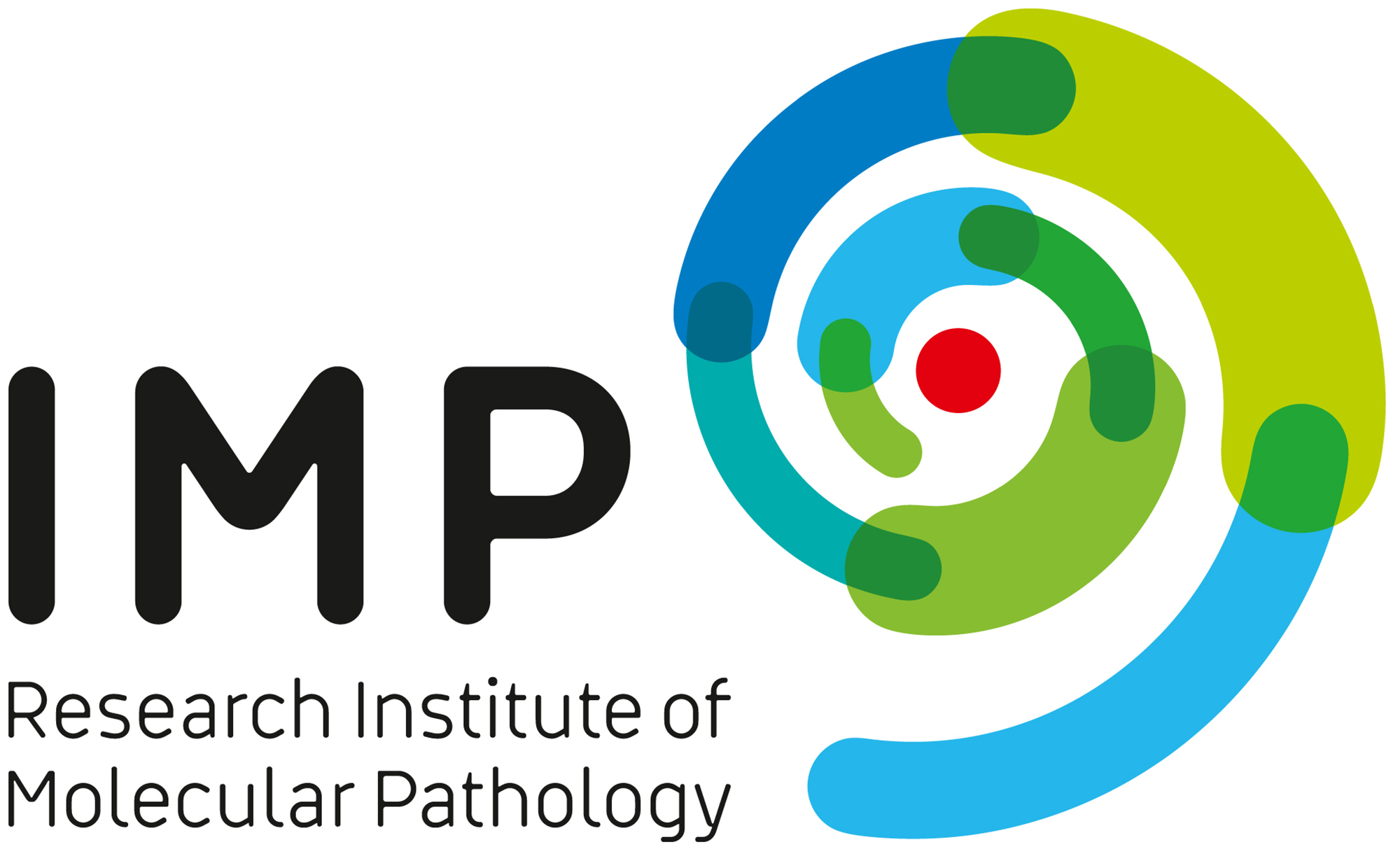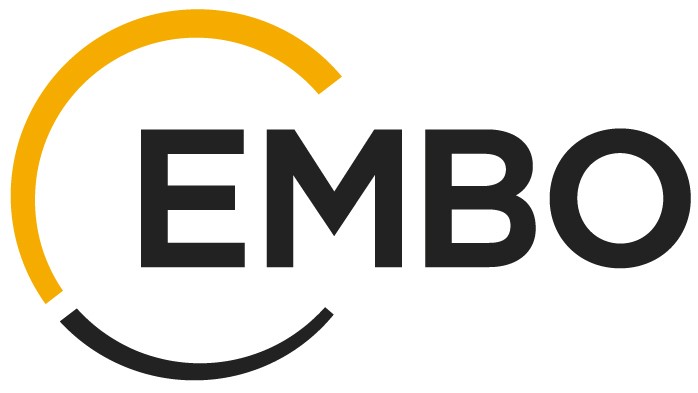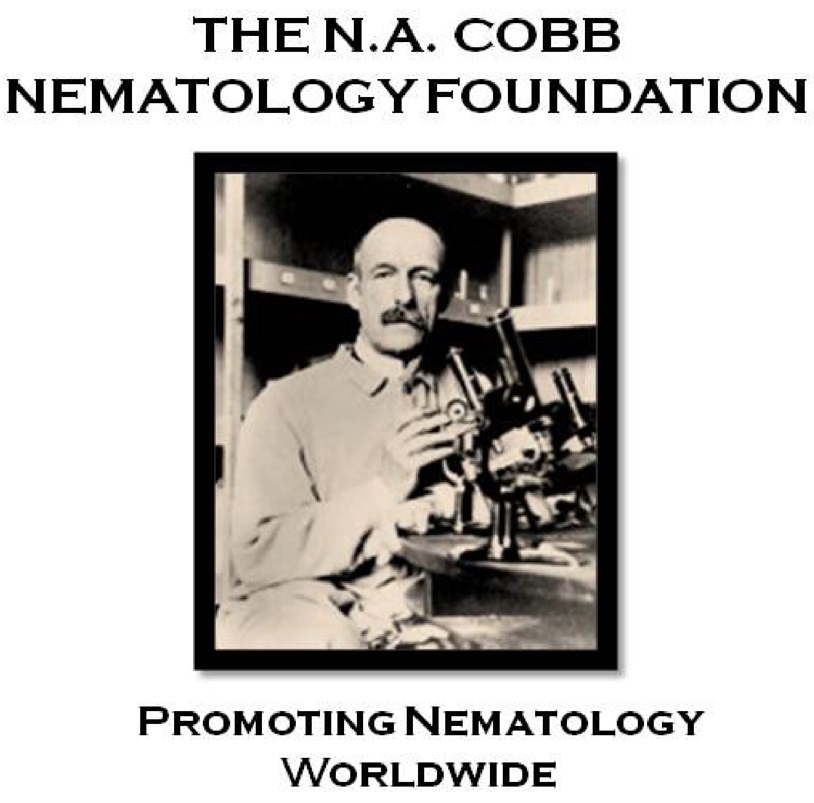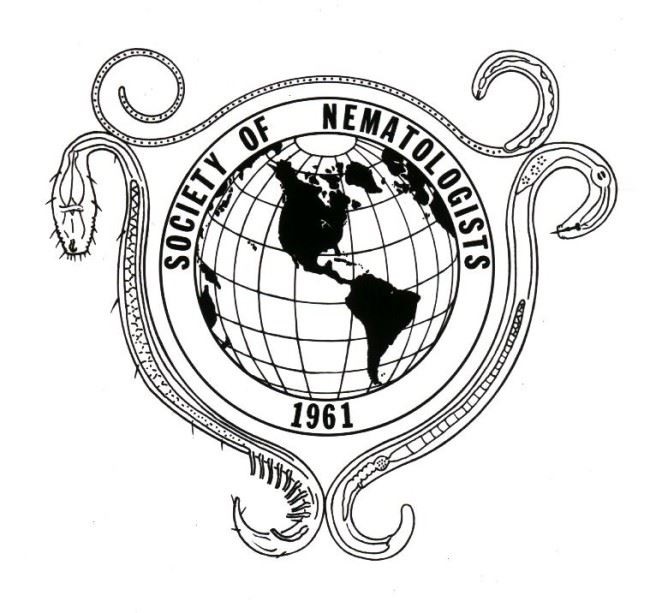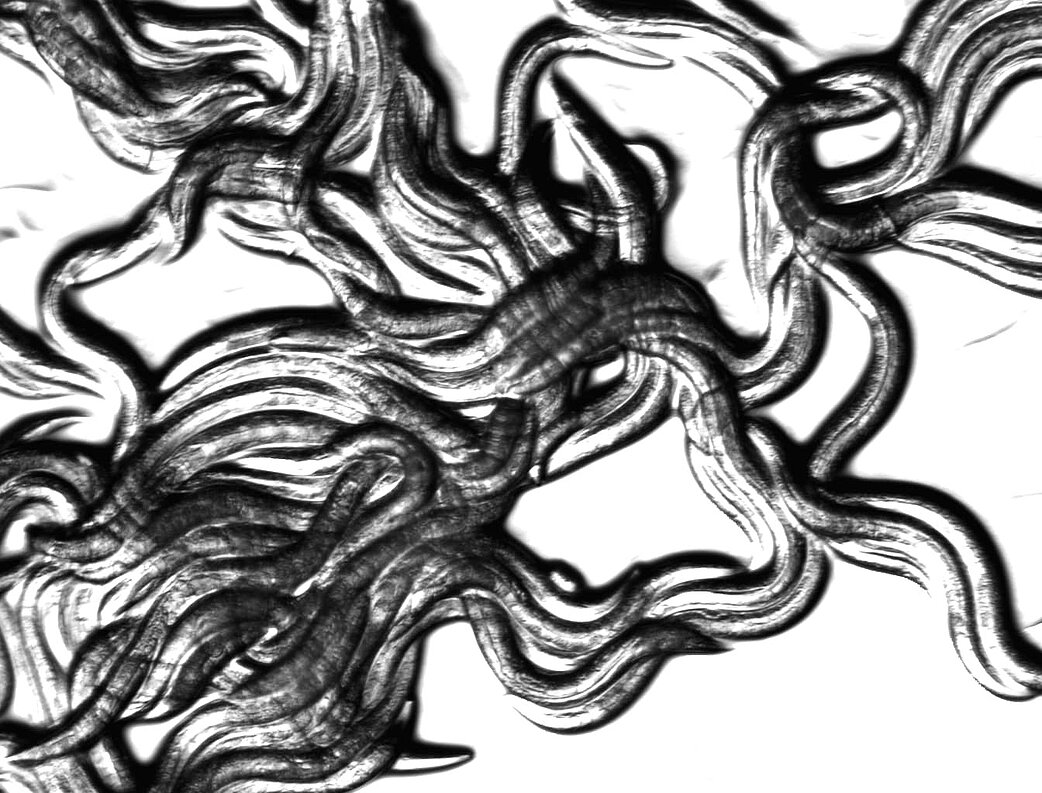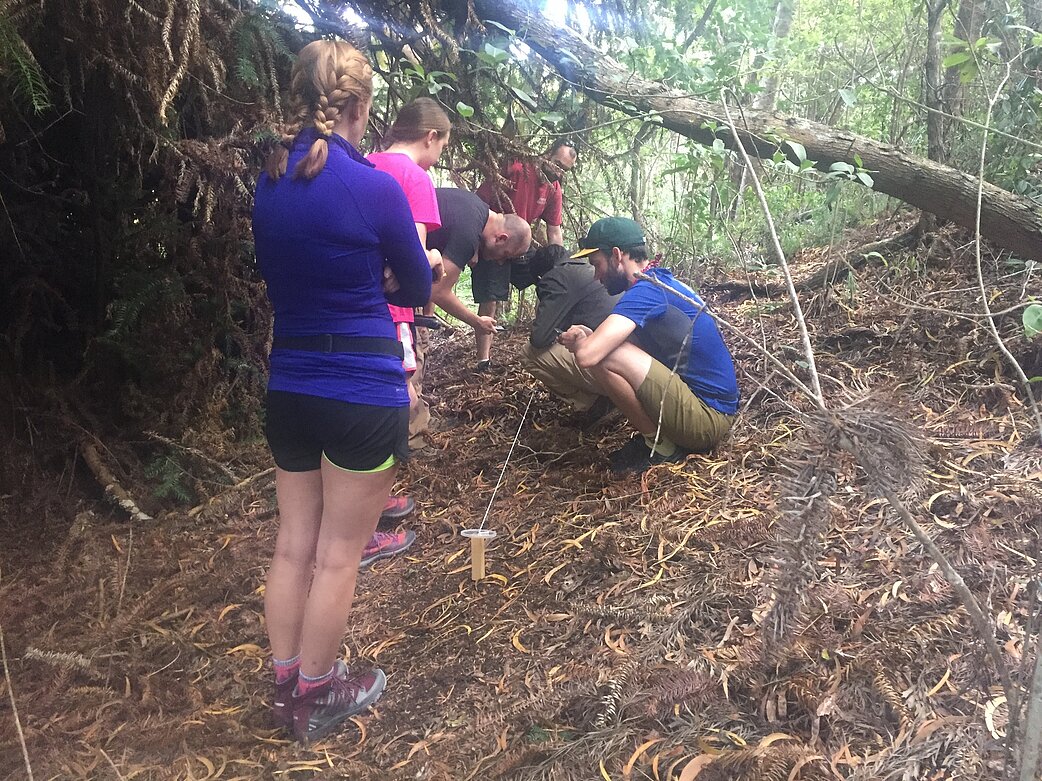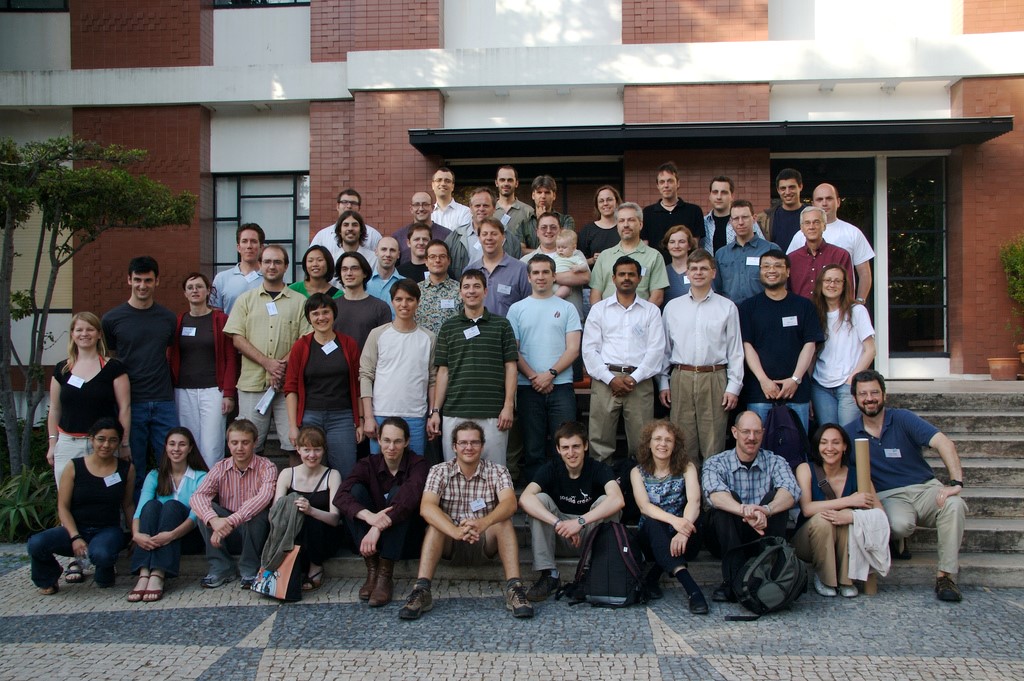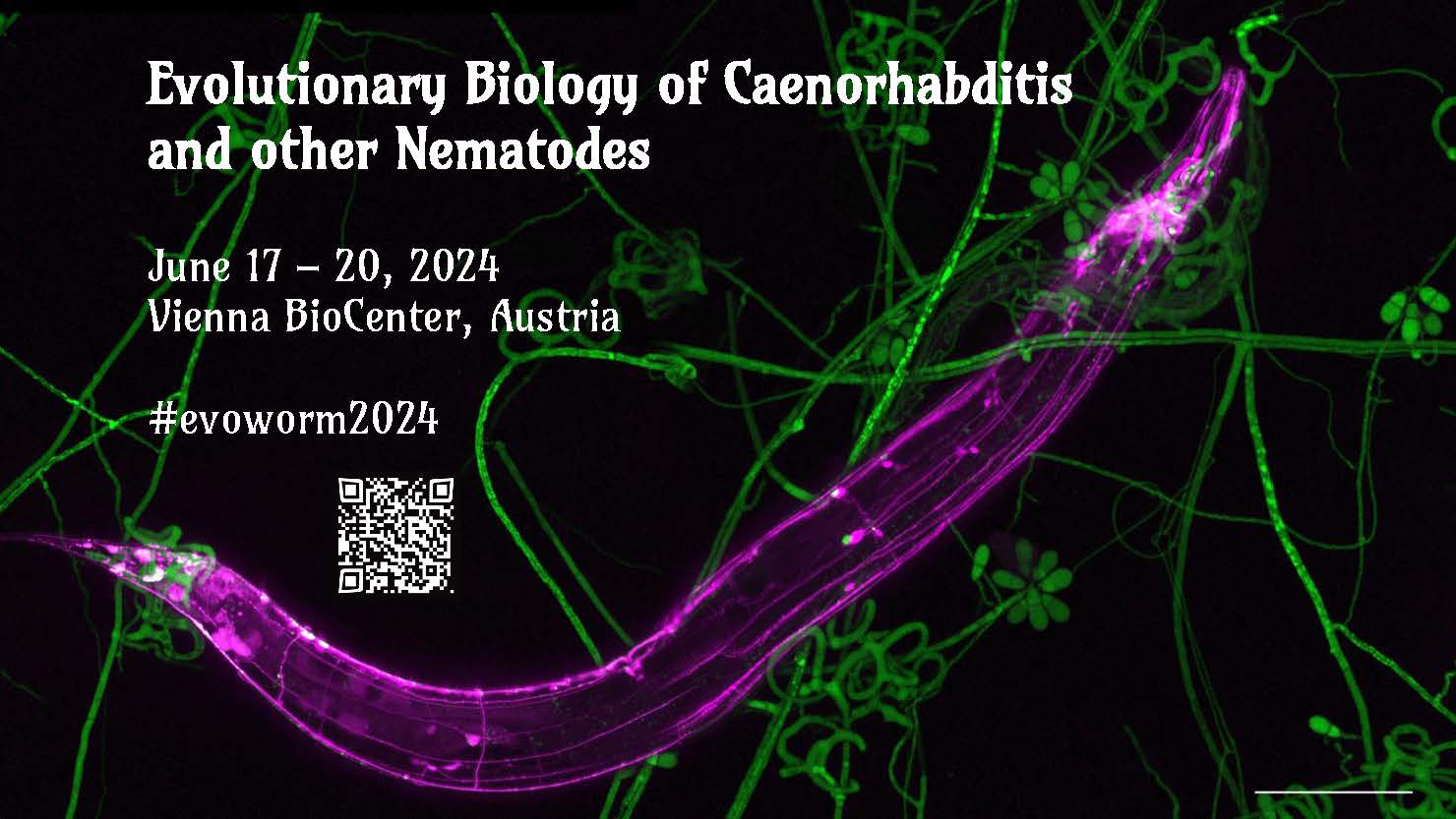The 10th edition of the “Evolutionary Biology of Caenorhabditis and other Nematodes” meeting will take place at the Vienna BioCenter, one of the top biology research centers in Europe, from June 17-20, 2024.
Details on the location (airport, hotels) you find here.
This conference brings together a diverse and global community of researchers dedicated to studying the evolution and natural diversity of nematodes, ranging from molecular mechanisms to the complex dynamics within ecosystems. By uniting experts from different disciplines, including genomics, quantitative and population genetics, parasitology, microbiology, neuroscience, and ecology, we aim to foster an environment that encourages the exchange of ideas and the exploration of cutting-edge research.
This meeting offers fantastic opportunities to discuss nematode evolution. Talks are open to researchers of all stages and will be selected from submitted abstracts to capture the diversity of topics and approaches in our community. Several poster sessions will also be offered. For researchers who are interested in starting nematode evolution experiments, this meeting is a great venue to learn more about the topic and immerse yourself in a highly supportive and collaborative community.
TOPICS
- Genomics
- Quantitative genetics and GWAS
- Microbiology and Virology
- Host-pathogen interactions
- Complex traits
- Predator-prey interactions
- Interspecies communication
- Evolutionary biology
- Evo-Devo
REGISTRATION
REGISTRATION FEES
275,- EUR - Academy 1 (Undergraduate students, Graduate students, Post-docs)
375,- EUR - Academy 2 (Faculty / PI)
The registration cost covers lunch, coffee breaks, and two dinners. Housing is not included.
Read here for information on TRAVEL and CHILDCARE grants.
DEADLINES
Abstract deadline to apply for a talk: April 22
Abstract deadline for poster presenters and final registration: May 17
TALKS & POSTERS
Talks will be eight minutes with two minutes for questions. We will try to accommodate as many speakers as we can.
Poster information: dimensions for our magnetic poster boards: 70 x 100 cm. The poster must be in portrait format / orientation.
Abstracts (max. 300 words) must be submitted during registration. To withdraw or revise your abstract, please send an email to: lea.klement(at)imba.oeaw.ac.at
ACTIVITIES & WORKSHOPS
This year, we will emphasize training and mentoring. We will have icebreaker activities and three workshops to benefit the community:
1. Mastering the Art of Scientific Presentations: A Workshop for Effective Communication [Alejandro Burga]
2. From zero to hero: Getting to 959 nematode genomes [Blaxter lab]
3. Unlocking the Potential of CaeNDR: Exploring Genomic Variation and Analysis Workflows [Andersen lab]
Organizers
Erik Andersen, Johns Hopkins University
Alejandro Burga, IMBA
Amanda Gibson, University of Virginia
Yen-Ping Hsueh, Institute of Molecular Biology, Academia Sinica
Gavin Woodruff, University of Oklahoma
If you are interested in becoming a sponsor of this event have a look at our brochure and contact: lea.klement(at)imba.oeaw.ac.at
Program
15:00 Registration open
16:15 Opening remarks
16:30 Pavak Shah (UCLA)
Quantitative Embryology in C. elegans and Beyond
16:45 Katja Kasimatis (University of Virginia)
Post-insemination sexual selection in males indirectly masculinizes the female transcriptome
17:00 Justin Van Goor (University of Missouri Columbia)
The worm turns: Parasitodiplogaster nematodes as a model to study phenotypic plasticity in an eco-evo framework
17:15 YiChien Lee (Academia Sinica)
Single-worm long-read sequencing reveals genome diversity in free-living nematodes
17:30 break
18:00 Audrey Brown (University of Utah)
Characterization of the Pristionchus pacificus “epigenetic toolkit” reveals the evolutionary loss of the histone methyltransferase complex PRC2
18:15 Oliver Hobert (Columbia University)
Comparative connectomics of two distantly related nematode species reveals patterns of nervous system evolution
18:30 Tuc Nguyen (New York University)
Systematic discovery of mitonuclear interactions in Caenorhabditis elegans
18:45 Eleni Katsougia (Indiana University)
The evolution and developmental role of nuclear receptors regulated by a plasticity switch in nematodes
19:00 break
19:20 Workshop 1: Mastering the Art of Scientific Presentations: A Workshop for Effective Communication
20:00 Networking with drinks & snacks
9:00 Han-Wen Chang (Academia Sinica)
Nematode-trapping fungus trap nematodes by targeting cuticular collagens
9:15 Gaotian Zhang (Institut de Biologie de l'Ecole Normale Superieure IBENS)
Transposon-mediated genic rearrangements underlie variation in small RNA pathways
9:30 Marie Delattre (ENS Lyon)
Does programmed DNA elimination in Mesorhabditis benefits the host or is it a selfish process?
9:45 Andrea Millán-Trejo (IBV-CSIC)
Gene regulatory mechanisms underlying emergence of novel neuronal functions.
10:00 short break
10:10 Workshop 2: From zero to hero: Getting to 959 nematode genomes
10:50 short break
11:00 Kohta Yoshida (Brain Research Institute, Niigata University)
Evolution of androdioecy was involved in acquisition of thermosensitive stochastic sex determination in Pristionchus nematodes
11:15 Tzu-Hsiang Lin (Academia Sinica)
Predator induced behavioral adaptation via a conserved GPCR in C. elegans
11:30 Vladislav Ilík (Institute of Vertebrate Biology, Czech Academy of Sciences)
Genomics of Necator sp. hookworms
11:45 break
12:15 Jeffrey, Dongying Xie (Hong Kong Baptist University)
A toxin-antidote gene pair mediates crossing direction-dependent lethality in the hybrids between C. briggsae and C. nigoni
12:30 Kieran Reynolds (University of Bath)
Characterisation of clusters of parasitism-associated genes in diverse parasitic nematodes
12:45 Laure Mignerot (Intitut de Biologie Valrose, Université Côte d’Azur)
Evolution of Caenorhabditis egg-laying behaviour
13:00 Rebecca Tay (Academia Sinica)
Identification of C. elegans factors that promote trap formation in the carnivorous fungus A. oligospora
13:15 Group picture
13:30 Lunch and breakout session
14:45 Poster Session 1
16:15 Dalaena Rivera (San Diego State University)
Discovery of conjugative plasmids in commensal bacteria that adhere to the C. elegans intestinal epithelium
16:30 James Lightfoot (Max Planck Institute for Neurobiology of Behavior)
Predation evolved through modifications to canonical aggression circuits
16:45 Dennie te Molder (Wageningen University & Research)
The bottleneck of introduction into Europe impacts the population structure & adaptive potential of Globodera pallida
17:00 Isaac Martínez-Ugalde (The University of Edinburgh)
Evolution of transposable elements as the source of extracellular RNA
17:15 Departure to OeAW
18:00 Networking event at the OeAW
20:00 end of meetings
9:00 Thi Anh Duong Nguyen (Institute of Ecology and Biological Resources)
The research of free-living terrestrial nematodes (Order Dorylaimida) from tropical rain forest in Vietnam
9:15 Miguel Vasconcelos Almeida (University of Cambridge)
Protein domains from multigene families recurrently associate with domains derived from transposable elements and viruses
9:30 Ryoji Shinya (Meiji University)
From lakebed to lab: Tokorhabditis nematodes as a model for viviparous evolution
9:45 Candyd Lace Velasquez (San Diego State University)
Natural variation in resistance to intracellular bacterial infection in the nematode Oschieus tipulae
10:00 short break
10:10 Workshop 3: Unlocking the Potential of CaeNDR: Exploring Genomic Variation and Analysis Workflows
10:50 short break
11:00 Serena Ding (Max Planck Institute of Animal Behavior)
Using Caenorhabditis elegans to study the mechanisms of towering behavior
11:15 Rocel Amor Indong (Yonsei University Mirae Campus)
Microbial profile of C. elegans soil-fruit natural habitat and its effect on nematode population growth and migration behavior
11:30 Francois Mallard (Ecole Normale Superieure)
Selection and the direction of phenotypic evolution
11:45 break
12:15 Teije Middelkoop (Institute of Molecular Genetics)
Evolutionary diversification of actomyosin-driven early embryo morphogenesis
12:30 Lewis Stevens (Wellcome Sanger Institute)
The evolution of programmed DNA elimination in Rhabditina
12:45 Mara Carey-Wood (University of Bath)
Exploring the relationship between trap-formation of a nematode trapping fungus and the movement dynamics of nematodes species
13:00 Reem Al-Jawabreh (University of Bath)
Unravelling the Dynamics of Argonaute Proteins in the parasitic nematode Strongyloides ratti
13:15 Lunch and breakout session
14:45 Poster Session 2
16:15 Shamitha Govind (Institute of Molecular Biology)
Comparative characterization of GTSF-1 across clade V nematodes reveal conserved function in RNA-Dependent RNA polymerase activity
16:30 Lisa van Sluijs (Wageningen University and Research)
Nematodes Vector Bacteriophages in Spatially Structured Habitats
16:45 Manuela Rebecka Kieninger (Wellcome Sanger Institute)
The 959 Nematode Genomes project: Our progress towards chromosome-level reference genomes across the phylum nematoda
17:00 George Chung (New York University)
Nematode genomes shaped by a history of parthenogenesis, telomere dysfunction and chromosome fusions
17:15 break
17:45 Laura Isabel Villegas Ruiz (University of Cologne)
Nematodes at the dry limit: water availability as a constraint for biodiversity
18:00 Jacqueline Jackson (New York University)
Uncovering the effects of resource availability on Caenorhabditis species coexistence
18:15 Asan Turdiev (University of Maryland, College Park)
On the mechanism of FOG-2 function in C. elegans germline sex determination
18:30 Dan Kim (University of California, Berkeley)
Microbiome remodeling through bacterial competition and host behavior enables host adaptation to environmental toxins
18:45 Conference dinner at venue
9:00 Eva Nosková (Masaryk University)
Strongyloides metagenomics in humans, non-human primates, and dogs in the Central African Republic
9:15 Thomas Blankers (University of Amsterdam)
Eco-evolutionary dynamics in C. elegans-microbe associations
9:30 Laetitia Chauve (Trinity College Dublin)
Is there an advantage to polyploidy in animals? C. elegans neotetraploids resist severe cold by escaping cold induced death as gravid adults.
9:45 Nadège Guiglielmoni (Universität zu Köln)
Dynamic chromosomal rearrangements through the evolution of Panagrolaimidae
10:00 break
10:30 Christopher Large (University of Pennsylvania)
Lineage-resolved analysis of embryonic gene expression evolution in the Caenorhabditis nematodes
10:45 Erna King (Wellcome Sanger Institute)
Wild caught nematode genomes: from single specimens to chromosomes
11:00 Stefan Zdraljevic (UCLA)
A maternal-effect toxin-antidote element causes larval arrest in C. elegans
11:15 Wouter van den Berg (McMaster University)
Post-reproductive changes in gene expression in the nematode C. briggsae
11:30 Closing remarks, election of new organizers & other business
12:30 Lunch & farewell


